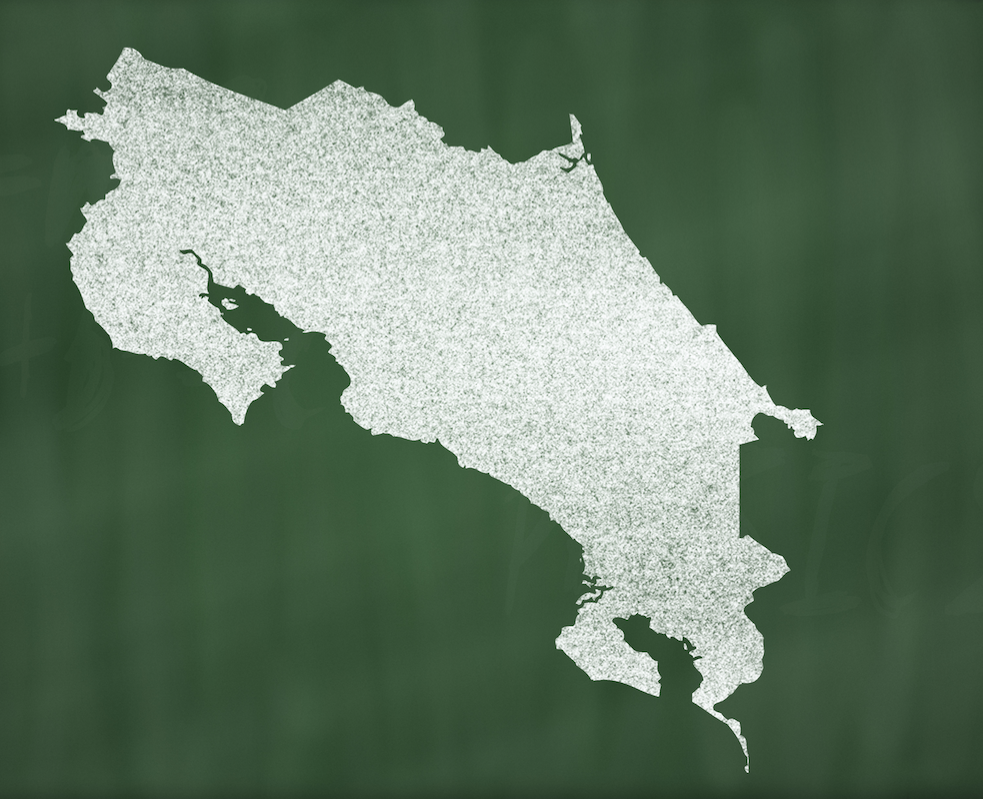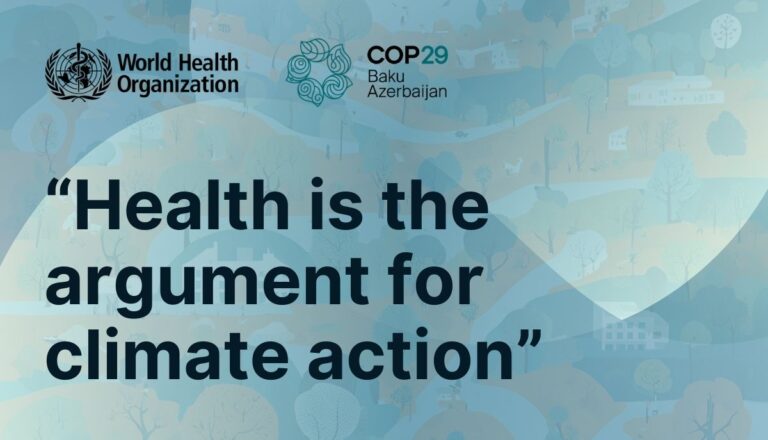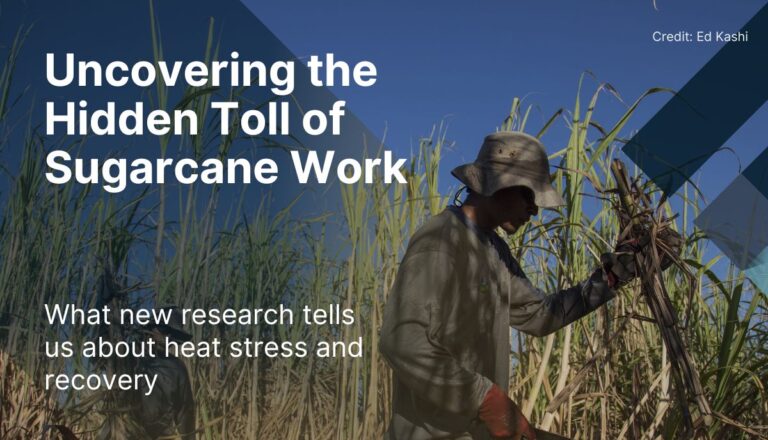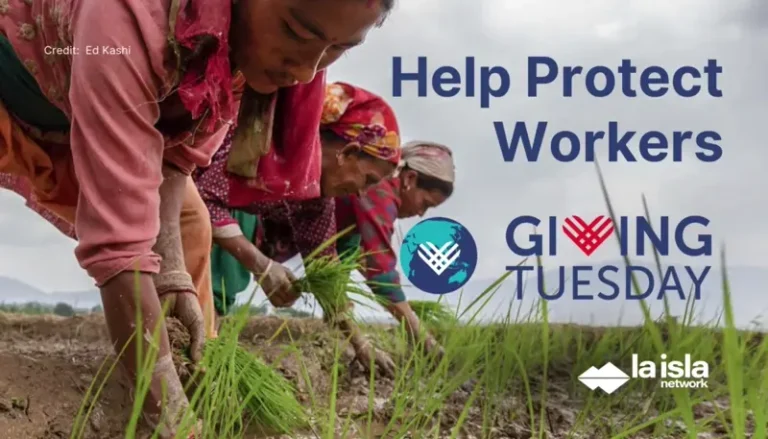Media Contact: Bennett Kuhn
Title: Media & Communications Specialist
Phone: +1 (631) 241-4685
Email: be*****@la**************.org
C.R. president orders implementation of worker protections in agricultural industries in response to CKDnT research.
Aug. 6, 2015 – The Costa Rican government ordered regulations via presidential decree last week to protect workers from heat stress and dehydration with the specific aim of preventing Chronic Kidney Disease of non-traditional causes (CKDnT).
The order was based on the unanimous consensus of the Costa Rican government’s Occupational Health Board (CSO). The CSO’s conclusions recommended implementing the U.S. Occupational Safety and Health Administration’s “Water. Rest. Shade.” protocol and other standards for reducing the health risks of manual labor in extreme environments.
If implemented properly, the measures could protect thousands of cane cutters from the fatal CKDnT epidemic, which is estimated to have killed 20,000 people in the region over the last decade.
La Isla Foundation (LIF) and research colleagues from the Central American Institute for Studies on Toxic Substances (IRET) and the Program on Work & Health in Central America (SALTRA) advocated for an evidence-based government response to the epidemic by meeting in person with the Costa Rican ministry of labor, social security representatives, and the CSO during the past 15 months. The CSO reviewed both published and preliminary data from these and other researchers while executing its own study.
Researcher Jennifer Crowe said the decision was the product of the efforts of many individuals and organizations. “Members of the Consortium on the Epidemic of Nephropathy in Central America (CENCAM) Melany Ascencio, Rafael Porras and Maria Ethel Trejos together with many others from the Ministry of Health, the Ministry of Labor, the CSO and many other institutions worked very hard and with complete conviction that this regulation was worth working on,” Crowe wrote. “The number of meetings and draft reviews was truly humbling and the bumps on the road were often very big.”
Costa Rica is the first national government to identify heat stress and dehydration as primary drivers of CKDnT onset. “This was an excellent example of how policy change can and should happen,” said Jason Glaser, LIF CEO. “LIF is honored to have been part of this process.”
The shift reflects growing evidence established by recent scientific studies supporting the causal hypothesis of heat stress and dehydration.
The administrative arm of social security in Costa Rica completed a population study to determine the risk factors that lead to CKDnT earlier this year. Results showed heat stress to be a principal driver of disease along with the consumption of NSAIDs, a class of painkillers. Field laborers working at the hottest part of the day were the most affected. The region most impacted was the cane-producing area of Costa Rica. These findings are in line with the bulk of literature already published on the disease.
The Costa Rican decree coincides with the publication of a cross-shift study published in Environmental Research, which supports the need for the Worker Health and Efficiency (WE) Program and the Costa Rican decree. It is the first study to demonstrate kidney damage within the workday of cane cutters, highlighting workload, heat stress and dehydration as primary drivers of CKDnT.
The same week a commentary authored by WE Program principal investigator David Wegman, LIF CEO Jason Glaser and other key researchers was published by the International Journal of Occupational and Environmental Health. It examines the manipulative impact of industry funding on the scientific process, the burden of CKDnT on health care systems, and the human cost of delayed action, making the case for immediate workplace interventions.
The Worker Health and Efficiency (WE) Program is addressing established risk factors by developing water, rest and shade protocols based on U.S. Occupational Safety and Health Administration recommendations and tailoring these recommendations to the sugarcane industry. Simultaneously, the WE Program is improving the cutting techniques and tools of workers in order to improve worker productivity and limit musculoskeletal strains.
“It is our hope that the WE Program will be used as a basis to protect cane workers, and other at-risk heavy laborers throughout Mesoamerica, and the rest of the world,” Glaser said.







